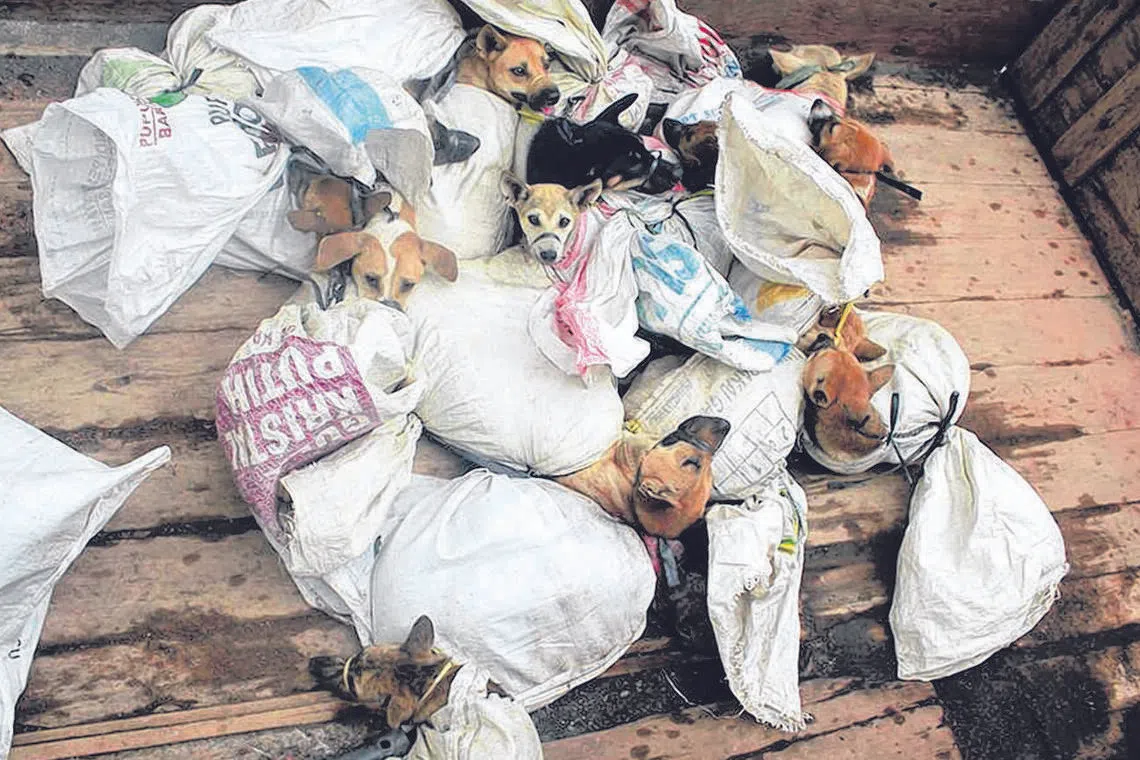Jakarta Enforces Landmark Ban on Dog, Cat, & Bat Meat Sales to Curb Rabies & Boost Animal Welfare
 Indonesia
Animal Welfare
Indonesia
Animal Welfare

Jakarta has officially banned the sale and consumption of dog, cat, and bat meat to prevent rabies transmission. The new regulation, hailed by animal rights act
Jakarta Enacts Comprehensive Ban on Dog, Cat, and Bat Meat Trade
In a landmark decision impacting both animal welfare and public health, Jakarta, the capital city of Indonesia, has officially outlawed the sale and consumption of dog, cat, and bat meat. This significant regulation, announced by Governor Pramono Anung on November 25, is primarily aimed at curbing the spread of rabies.
The New Regulation and Its Enforcement
Governor Anung, who had previously committed to this action, formally signed the regulation on November 24. A crucial aspect of the new policy is a six-month grace period, allowing individuals and businesses to adjust before the ban is fully enforced. Following this period, violators will face a range of sanctions, from written warnings to the revocation of their business licenses.
The ban is extensive, prohibiting all "activities related to… rabies-transmitting animals intended for food purposes." This includes not only live animals but also raw meat and any processed products derived from them.
A Victory for Animal Rights Advocates
This progressive step has been met with widespread approval from animal rights organizations. Advocacy groups, including Dog Meat Free Indonesia, have lauded the policy as a move in the right direction, asserting that it aligns with the nation's constitutional mandate to protect its citizens and uphold principles of justice and civilization.
Context of the Meat Trade in Indonesia
Indonesia is one of a few countries where the trade of dog and cat meat has historically been permitted. However, growing activism has led to increasing pressure and the implementation of similar local bans in other Indonesian cities in recent years. While dogs are generally not kept as pets in Muslim-majority Indonesia and are often viewed as unclean, their meat remains a traditional delicacy for some communities and is consumed as an inexpensive protein source in certain other Asian nations.
Addressing Public Health Concerns: The Rabies Threat
A significant driver behind Jakarta's ban is the ongoing public health threat posed by rabies. According to the World Health Organization, Indonesia experiences dozens of rabies-related fatalities annually. The country's health ministry reported a concerning 25 deaths attributed to rabies between January and March 2025 alone. By prohibiting the sale and consumption of these specific animals, Jakarta aims to significantly reduce the risk of rabies transmission and safeguard public health.